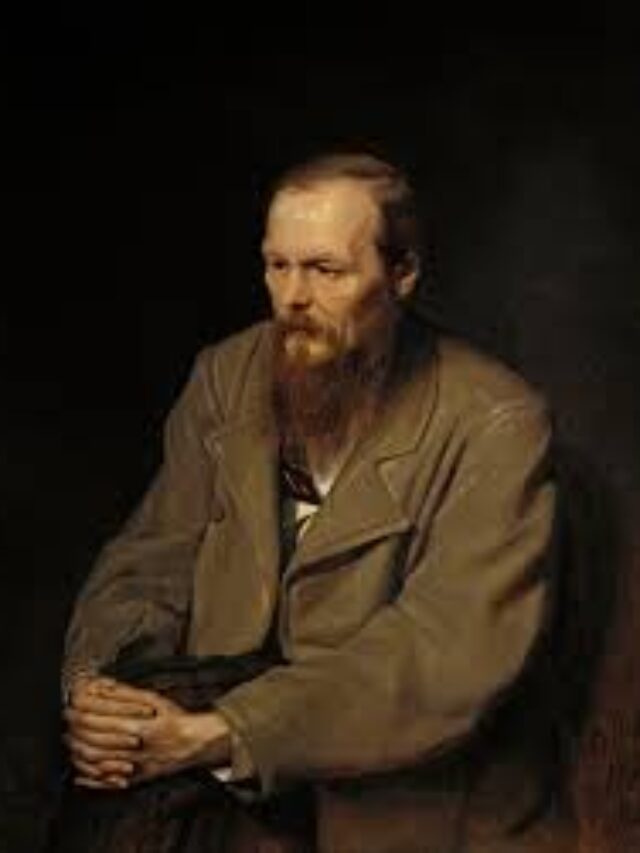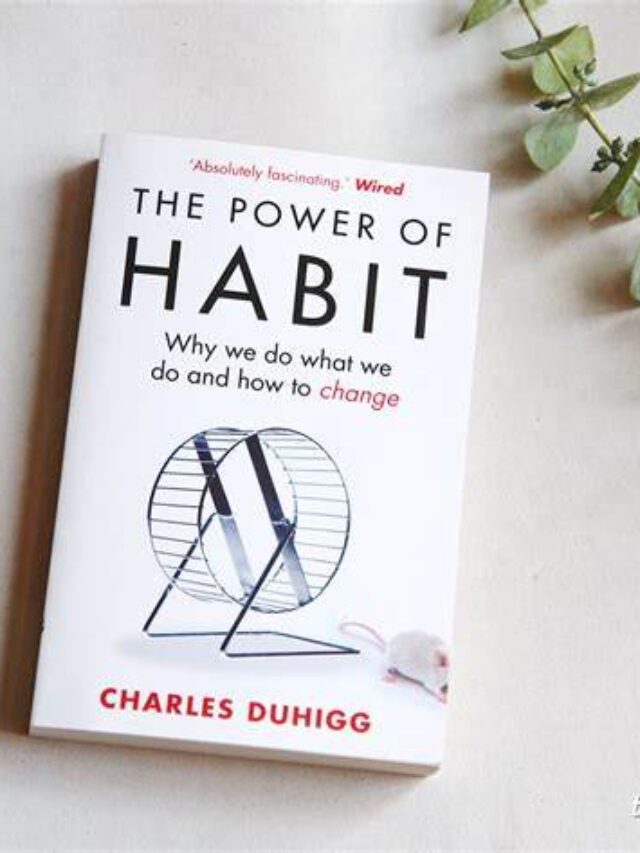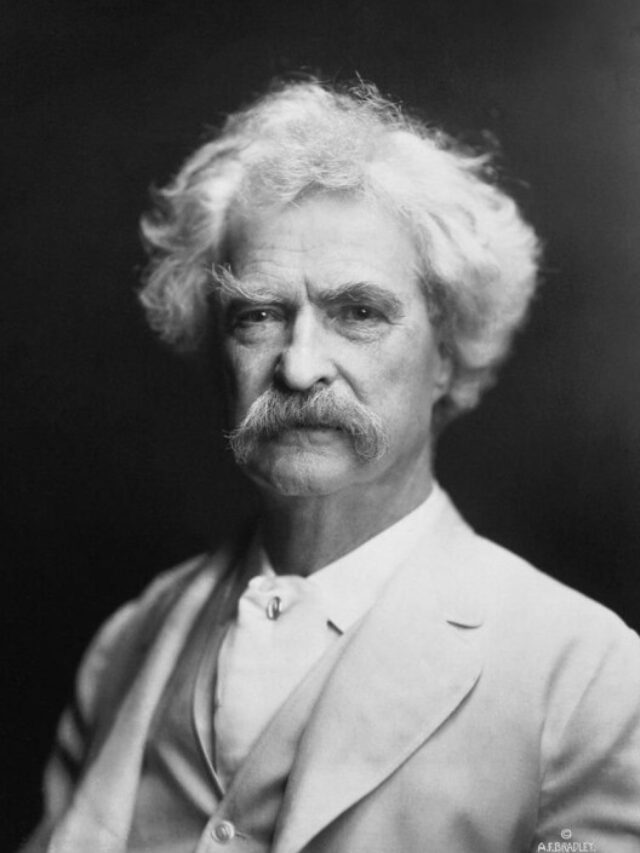Breaking News
Hot Stories
Highlight Stories
Discover Categories
-
Discover More of What Matters to You:
- Science
- Life Style
- Videos
- Travel
- Entertainment
- Live Updates
- Wellness
- Wellness
- Uncategorized
- Digital Marketing
- Health
- Workout
- Exercise
- Motivation
Tuvalu: In a first, Australia inks agreement to offer climate refuge to Tuvalu citizens
NEW DELHI: Considering the catastrophic impacts of…
Earth records its hottest 12-month stretch: US study
WASHINGTON: A new US study has found…
Why Sara Ali Khan Stands Out as the Most Authentic on Koffee with Karan Season 8
Dive into the reasons behind Sara Ali…
What to Watch
Why is Dostoevsky’s ‘White Nights’ all over social media; A look at the fyodor fever
By Onlinesyndrome
J.R.R. TOLKIEN’S BIRTH ANNIVERSARY: A LOOK AT HIS FAMOUS WORKS AND LEGACY
By Onlinesyndrome
Top 10 novels in USA 2024
By Onlinesyndrome
William Shakespeare’s works are rich with lines that have become iconic over the centuries.
By Onlinesyndrome
These authors and their works significantly influenced the literary scene in 2024, engaging a wide audience across various social media platforms.
By Onlinesyndrome
- Advertisement -



Why is Dostoevsky’s ‘White Nights’ all over social media; A look at the fyodor fever
By Onlinesyndrome
J.R.R. TOLKIEN’S BIRTH ANNIVERSARY: A LOOK AT HIS FAMOUS WORKS AND LEGACY
By Onlinesyndrome
Top 10 novels in USA 2024
By Onlinesyndrome
William Shakespeare’s works are rich with lines that have become iconic over the centuries.
By Onlinesyndrome
These authors and their works significantly influenced the literary scene in 2024, engaging a wide audience across various social media platforms.
By Onlinesyndrome
10 Books People Claim to Have Read to Sound Cool
By Onlinesyndrome
8 Must-Read Thrillers
By Onlinesyndrome
8 books that will make you an expert in understanding human psychology and behavior
By Onlinesyndrome
Here’s a list of 10 magical books to captivate your child and spark a lifelong love for reading.
By Onlinesyndrome
Thriving at 21: Insights from a Young YouTube Sensation
Young YouTube Star's Success at 21: Gain Insights into the Journey of a Thriving Content Creator. Learn the secrets behind…
Mastering Instagram Growth: Insights from an Expert
Expert Reveals Secrets to Mastering Instagram Growth: Boost Your Followers and Engagement with Proven Strategies for Success on the Popular…
- Advertisement -



Healthcare Startups Are Minting Money In India This Year
Discover how healthcare startups in India are thriving in 2024, revolutionizing the industry and attracting significant investments. Learn more about…
Follow US
Find US on Social Medias
Weekly Newsletter
Subscribe to our newsletter to get our newest articles instantly!
[mc4wp_form]
- Advertisement -



More Information:Covid-19 Statistics
























































